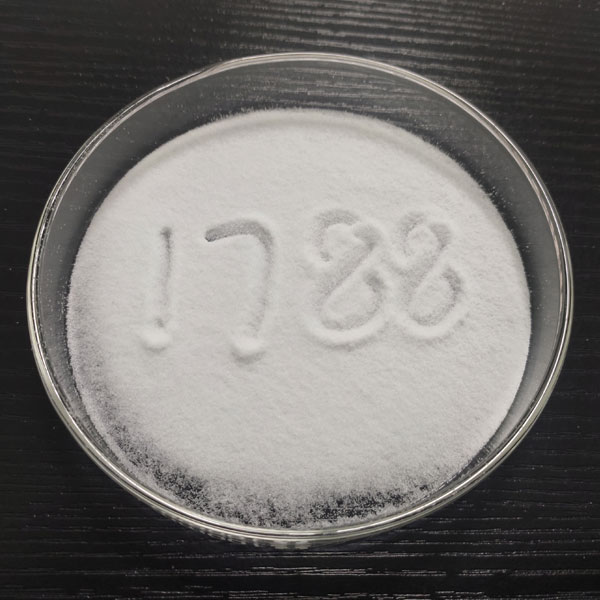Exploring the Versatility and Benefits of PVA 1788
2023-10-17
Introduction:
In the realm of industrial materials, Polyvinyl Alcohol (PVA) is a versatile compound that finds applications in various industries. Among the different types of PVA, PVA 1788 is particularly notable for its unique properties and wide range of uses. In this blog, we will delve into the world of PVA 1788, exploring its characteristics, applications, and the benefits it brings to diverse industries.
Understanding PVA 1788:
Polyvinyl Alcohol (PVA) is a synthetic polymer derived from the polymerization of vinyl acetate, followed by hydrolysis. PVA 1788 is a specific type of PVA with a high degree of polymerization and a moderate to high viscosity. It is known for its excellent film-forming capabilities, adhesive properties, and solubility in water.
Applications of PVA 1788:
1. Adhesives and Binders: PVA 1788 is widely used in adhesive formulations due to its excellent bonding properties. It is employed in various industries, including woodworking, paper and packaging, textiles, and construction. PVA 1788 adhesive provides strong adhesion to porous materials, such as wood, paper, fabric, and ceramics.
2. Textile and Paper Industries: PVA 1788 is utilized in the textile and paper industries as a sizing agent and surface coating. In textiles, it imparts stiffness, body, and improved handling properties to fabrics. In paper production, it enhances the strength, printability, and surface smoothness of paper products.
3. Construction Materials: PVA 1788 is a key ingredient in various construction materials, including cement and mortar additives, gypsum products, and tile adhesives. Its film-forming properties contribute to improved workability, increased adhesion, and reduced cracking in cementitious systems.
4. Packaging and Films: PVA 1788 is utilized in the production of water-soluble packaging films. These films find applications in single-use packaging for detergents, agrochemicals, and other products, where they dissolve completely upon contact with water, reducing waste and environmental impact.
5. Emulsion Polymerization: PVA 1788 is used as a stabilizer and protective colloid in emulsion polymerization processes. It helps to control the particle size, stability, and viscosity of latex and emulsion systems, leading to improved product quality and performance.
Benefits of PVA 1788:
1. Water Solubility: PVA 1788 is readily soluble in water, making it easy to handle and incorporate into various formulations. This property allows for efficient mixing, easy clean-up, and compatibility with water-based systems.
2. Film-Forming Capabilities: PVA 1788 can form thin, transparent, and flexible films upon drying, making it useful for coatings, sizing, and packaging applications. These films exhibit good tensile strength, tear resistance, and barrier properties.
3. Excellent Adhesive Strength: PVA 1788 offers strong adhesive properties, providing reliable bonding between different substrates. Its ability to adhere to porous materials makes it a preferred choice for woodworking, paper lamination, and textile applications.
4. Compatibility with Other Materials: PVA 1788 demonstrates good compatibility with a wide range of additives, fillers, and other polymers. This versatility allows for the formulation of customized products to meet specific requirements in different industries.
5. Biodegradability: PVA 1788 is considered environmentally friendly as it is biodegradable under appropriate conditions. It breaks down into harmless byproducts, reducing its impact on the environment.
Conclusion:
PVA 1788 is a valuable material known for its versatility and diverse applications across industries. From adhesives and binders to textiles, paper, construction, and packaging, PVA 1788 showcases its unique properties and benefits in various industrial processes. Its water solubility, film-forming capabilities, excellent adhesive strength, and compatibility with other materials make it a preferred choice for numerous applications. As industries continue to seek innovative solutions, PVA 1788 continues to play a vital role in enhancing product performance, improving manufacturing processes, and contributing to a more sustainable future.



